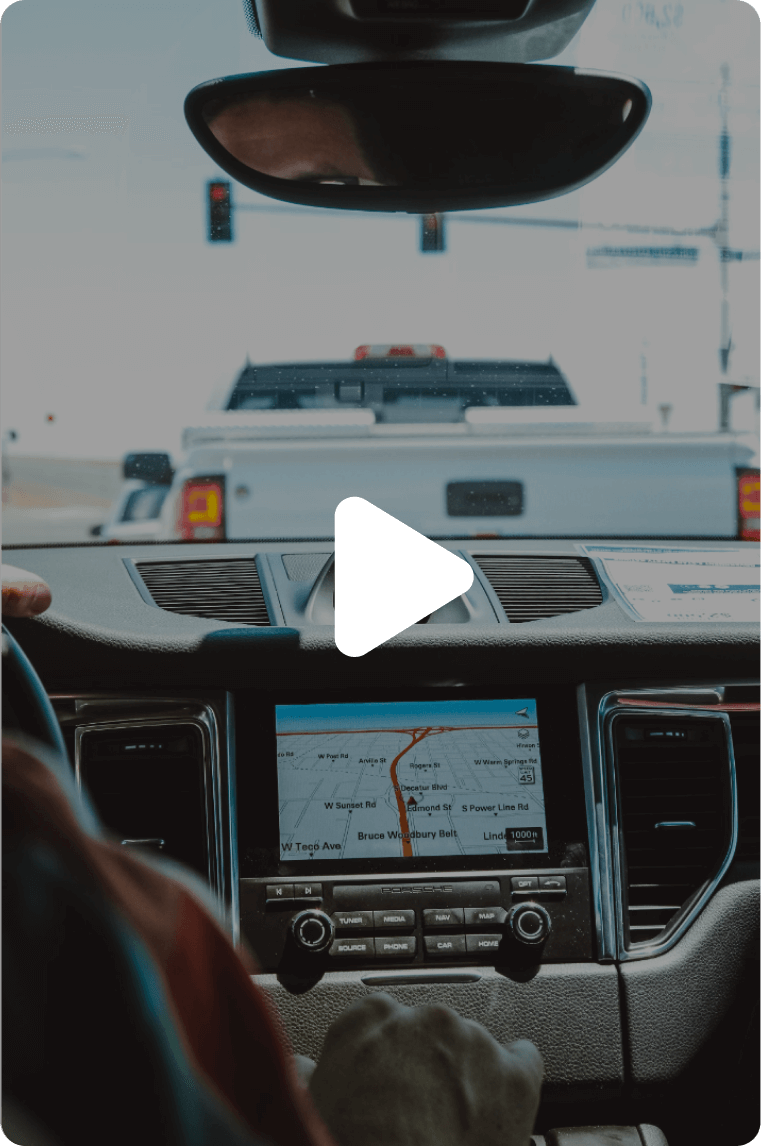How Does Florida’s New Modified Comparative Negligence Law Affect My Slip And Fall Claim?
Going through the complexities of slip-and-fall claims in Florida can be daunting, especially when understanding how comparative negligence affects your case. We’re here to break it down for you in a straightforward, friendly manner, ensuring you’re well-equipped to handle these situations confidently.
In Florida, slip and fall claims are governed by the principle of Modified comparative negligence. This legal concept means that in an accident, the fault can be divided among all parties involved, unless the injured party is found to be more than 50% at fault. Prior to the enactment of the Modified Comparative Negligence Law on March 24, 2023, comparative negligence was the standard, where no matter if an injured party was 90% at fault, they still had a right to make a claim for the portion that was not their fault. Understanding how this new law affects your potential compensation in a slip-and-fall case is crucial.
Evidence Matters
Gathering evidence to support your claim is crucial in a personal injury case, such as a slip and fall incident. Strong evidence helps establish the facts of the case and reinforces your position during negotiations or in court. Here’s a detailed look at how to effectively gather evidence for your claim:
- Immediate Action Post-Accident: As soon as the accident occurs, take photos or videos of the location where you fell. This should include any conditions that contributed to the accident, such as wet floors, uneven surfaces, poor lighting, or absence of warning signs. It’s essential to capture these images quickly, as conditions can change. For instance, a spill can be cleaned up, or a warning sign might be placed after the accident.
- Collect Physical Evidence: Preserve your clothing and shoes during the accident. They might have residues or marks that can demonstrate the nature of the fall. If there are any objects that contributed to your fall, like a broken railing or a loose tile, make sure to photograph them.
- Witness Information: If there were any witnesses to the accident, collect their names and contact information. Witness statements can provide an independent account of what happened. Get a brief account of what they saw. Their testimony can be pivotal in corroborating your version of events.
- Medical Records: Seek medical attention immediately after the accident, even if you feel the injuries are minor. This creates a medical record of your injuries linked to the accident. Keep all medical records and receipts for your treatment, including doctor’s visits, diagnostic tests, medications, and therapies.
- Incident Reports: If the fall occurred at a business or public place, report it to a manager or supervisor. Ask for a copy of the accident report if one is made. This report is an official accident record and can include details about the conditions that led to the incident.
- Maintain a Diary: Keep a daily diary recording your injuries, pain levels, emotional state, and how the injuries affect your everyday life and work. This can help quantify non-economic damages like pain and suffering.
Contact Us Today For Your Personal Injury Case
Understanding comparative negligence in Florida is essential for anyone involved in a slip and fall accident. Knowing how your actions might impact your claim is crucial for a fair outcome. If you’re going through this complex terrain, don’t hesitate to seek professional guidance. Contact The Dash Cam Lawyer™ at 561-DASHCAM or online for experienced assistance. Our team is dedicated to ensuring you receive the compensation you deserve, considering all aspects of your case.
Looking for an accident Lawyer in Palm Beach County?
Start Your Free
Consultation Today
Call us or complete the form below.
We'll keep your information confidential.
Palm Springs Office
Belle Glade Office
By appointment only
Download Our Personal Injury App Today
Our app serves as a checklist for any type of injury and is especially beneficial at the scene of the accident - like having a personal injury attorney there with you!

